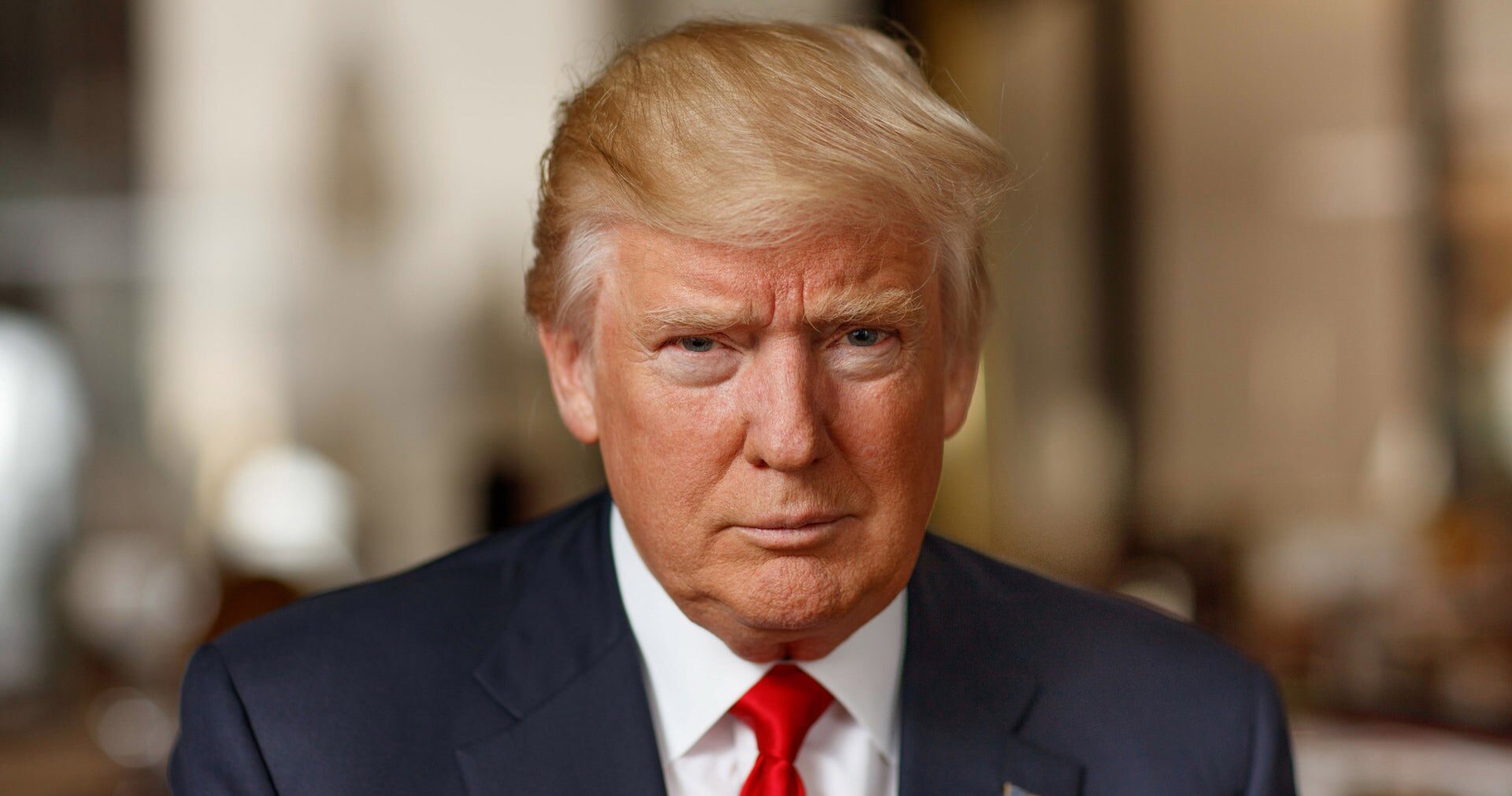The Supreme Court ruled on Monday that former President Donald Trump cannot be removed from the ballot in Colorado or any other state, dismissing a lawsuit that claimed his involvement in the events of January 6, 2021, disqualified him from holding office. This decision marks a significant and historic moment, as it addresses ongoing debates about Trump’s eligibility to run for public office again, particularly in light of his role in the Capitol insurrection.
The lawsuit against Trump was rooted in Section 3 of the 14th Amendment, which disqualifies any person from holding federal office if they have engaged in insurrection or rebellion against the United States after previously taking an oath to support the Constitution. The plaintiffs argued that Trump’s actions on January 6 constituted an insurrection and, therefore, made him ineligible to run for office. However, the Supreme Court’s ruling brushed aside these claims, effectively stating that there was no constitutional basis to remove him from state ballots at this time.
Notably, the justices did not directly address whether Trump’s actions amounted to insurrection, leaving that question unresolved. Instead, the decision appeared to hinge on technicalities about how a potential ban could be enforced, signaling that the court was cautious about setting a broad precedent for disqualification in such cases. This distinction may carry significant implications for future legal challenges related to Trump’s political eligibility or similar cases involving other figures.
The ruling underscores the complex legal and constitutional debates surrounding the former president’s actions during the January 6 attack on the U.S. Capitol and leaves room for further litigation or legislative action on how such disqualifications might be applied in the future. As of now, Trump remains eligible to run for public office in the upcoming elections, with the potential for further legal battles ahead.

